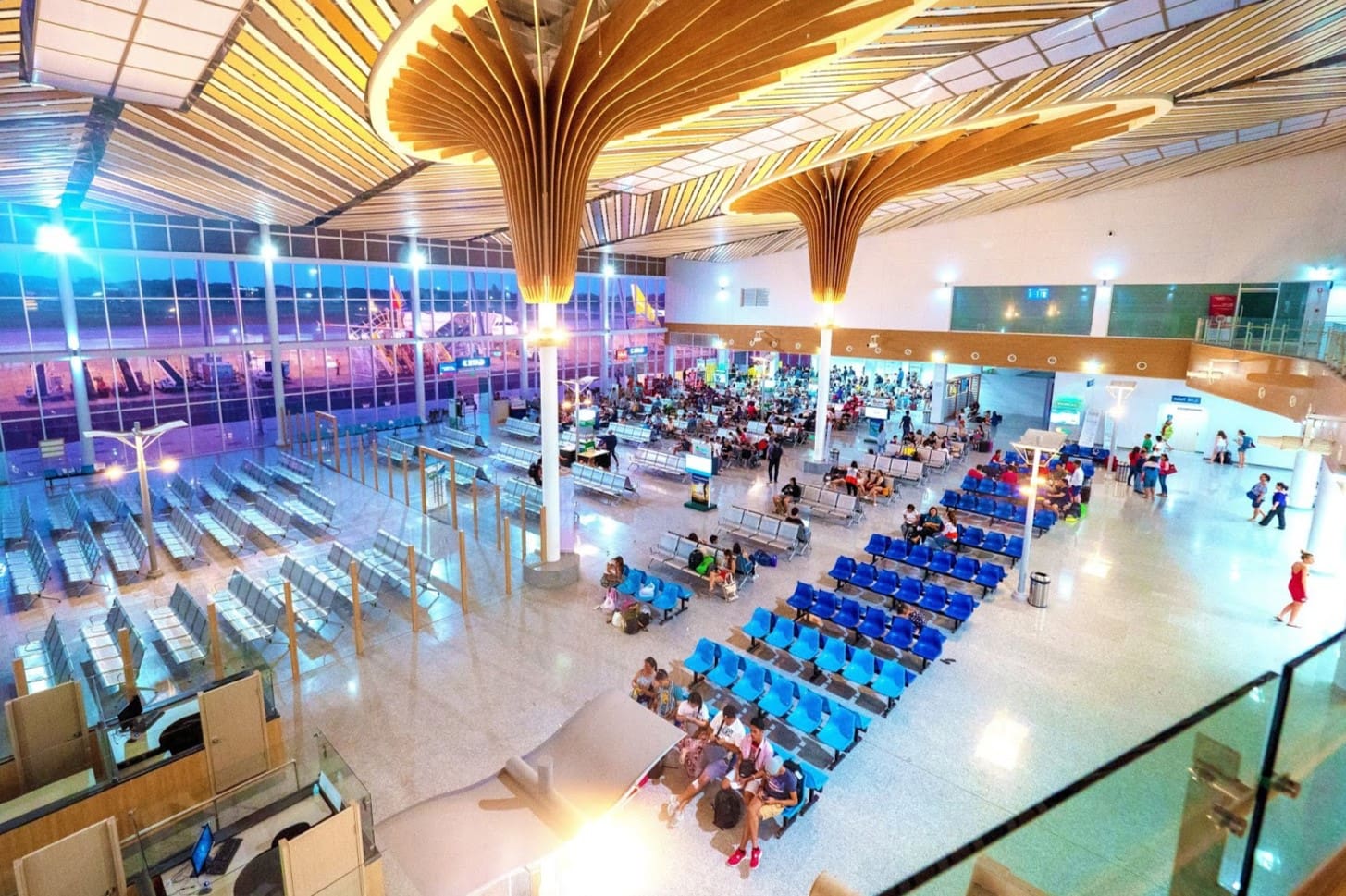
Airport fees can be a real mystery. Ever wondered why your ticket price seems to skyrocket at checkout? These hidden costs can include everything from security charges to fuel surcharges. Why do airports charge these fees? Airports need to cover operational costs, maintain facilities, and ensure security. Airlines pass these costs onto passengers. Some fees are unavoidable, while others can be minimized with a bit of savvy planning. Understanding these charges can help you budget better and avoid surprises. Let’s break down the most common airport fees and how they impact your travel expenses. Ready to become a smarter traveler?
What Are Airport Fees?
Airport fees are charges levied on passengers, airlines, and other users of airport facilities. These fees help cover the costs of maintaining and operating the airport. Here are some intriguing facts about these often-overlooked charges.
-
Passenger Facility Charges (PFCs): Airports in the U.S. can charge up to $4.50 per flight segment, with a maximum of $18 per round trip. This fee helps fund airport improvements.
-
Landing Fees: Airlines pay landing fees based on the weight of the aircraft. Heavier planes incur higher fees, which can influence the choice of aircraft for certain routes.
-
Security Fees: Post-9/11, security fees were introduced to cover the costs of enhanced security measures. In the U.S., this fee is $5.60 per one-way trip.
-
Parking Fees: Airports charge for parking to manage space and generate revenue. Rates vary widely, with some airports offering premium services like valet parking.
-
Fuel Surcharge: Airlines often pass on the cost of airport fuel surcharges to passengers. These fees can fluctuate based on fuel prices and airport policies.
How Do Airport Fees Affect Passengers?
Airport fees can significantly impact the overall cost of air travel. Understanding these fees can help passengers make informed decisions.
-
Baggage Fees: Many airlines charge for checked baggage. Fees vary by airline and destination, with some carriers offering discounts for pre-paid baggage.
-
Wi-Fi Charges: Some airports offer free Wi-Fi, while others charge for access. This fee can be a surprise expense for travelers needing to stay connected.
-
Airport Improvement Fees (AIFs): In Canada, passengers pay AIFs to fund airport infrastructure projects. These fees can range from $5 to $30 per ticket.
-
Customs and Immigration Fees: International travelers may face additional fees for customs and immigration services. These fees are often included in the ticket price.
-
Passenger Service Charges (PSCs): Common in Europe and Asia, PSCs cover the cost of passenger services like lounges and terminal facilities. Fees vary by airport.
How Do Airports Use These Fees?
Airport fees are crucial for maintaining and upgrading airport facilities. Here's how these funds are typically used.
-
Runway Maintenance: Landing fees and other charges help fund runway repairs and maintenance, ensuring safe takeoffs and landings.
-
Terminal Upgrades: Passenger facility charges often go toward terminal renovations, improving the overall travel experience.
-
Security Enhancements: Security fees fund advanced screening technologies and additional personnel to keep passengers safe.
-
Environmental Initiatives: Some airports use fees to invest in eco-friendly projects, like solar panels and electric vehicle charging stations.
-
Operational Costs: General airport fees help cover daily operational expenses, from staffing to utilities.
Interesting Facts About Airport Fees Worldwide
Airport fees vary significantly around the globe. Here are some unique examples.
-
London Heathrow's High Fees: Heathrow is known for its high landing fees, which can exceed $10,000 for large aircraft. This makes it one of the most expensive airports for airlines.
-
Singapore Changi's Efficiency: Despite high fees, Changi Airport is renowned for its efficiency and amenities, making it a favorite among travelers.
-
Dubai's Luxury Services: Dubai International Airport offers premium services funded by high passenger service charges, including luxury lounges and fast-track immigration.
-
Tokyo Narita's Noise Surcharge: Narita Airport charges a noise surcharge to airlines operating louder aircraft, encouraging the use of quieter planes.
-
Sydney's Curfew Penalties: Sydney Airport imposes hefty fines on airlines that violate its strict nighttime curfew, aiming to reduce noise pollution.
The Future of Airport Fees
As air travel evolves, airport fees are likely to change. Here are some trends to watch.
-
Dynamic Pricing: Some airports are experimenting with dynamic pricing for parking and other services, adjusting fees based on demand.
-
Sustainability Fees: To promote eco-friendly travel, airports may introduce sustainability fees, funding green initiatives and carbon offset programs.
-
Technology Investments: Future airport fees could fund investments in technology, like biometric screening and automated check-in systems, enhancing efficiency and security.
Final Thoughts on Airport Fees
Airport fees can really add up, can't they? From baggage fees to security charges, these costs often catch travelers off guard. Knowing about these fees ahead of time can save you both money and stress. Always check your airline's fee structure before booking. Some fees, like seat selection or priority boarding, might be worth it for the extra comfort or convenience. Others, like Wi-Fi charges, might be avoidable if you plan ahead. Remember, not all airports charge the same fees, so your costs can vary depending on your destination. Being informed helps you make smarter choices and keeps your travel budget in check. Next time you fly, you'll be better prepared to handle those pesky fees. Safe travels!
Was this page helpful?
Our commitment to delivering trustworthy and engaging content is at the heart of what we do. Each fact on our site is contributed by real users like you, bringing a wealth of diverse insights and information. To ensure the highest standards of accuracy and reliability, our dedicated editors meticulously review each submission. This process guarantees that the facts we share are not only fascinating but also credible. Trust in our commitment to quality and authenticity as you explore and learn with us.


